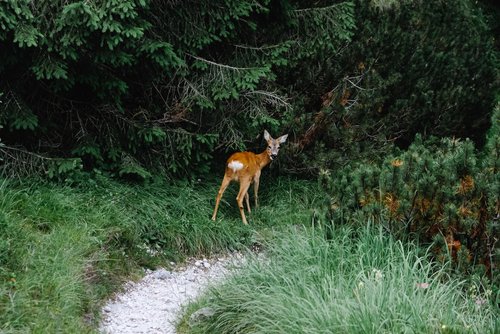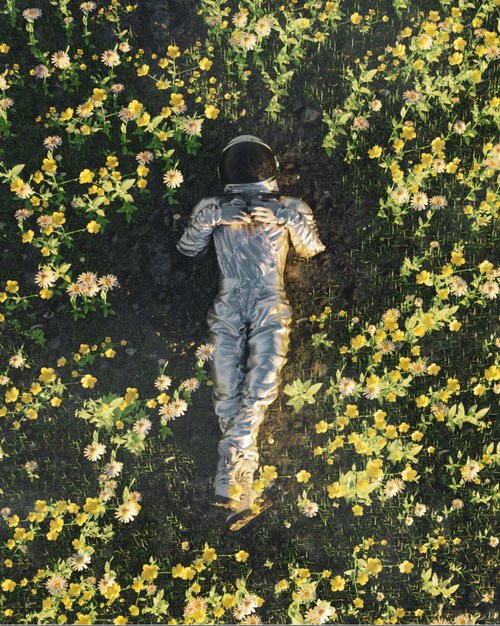Introduction
Prior to working on brafe.space over the past few months, I would have considered myself a flexible person comfortable with not knowing. I had long embraced ‘I don’t know’ as a genuine and honest answer to many questions, particularly in the context of work and studies – it became a small, personal protest to an egocentric aspect of our culture which expects us to know and show it all. Admitting to not knowing created small, sometimes uncomfortable moments of vulnerability – moments which I always felt rewarded me with unexpected outcomes and learnings.

Recently, however, I have been in a pretty consistent state of not knowing which requires me and those I work with to sit in that vulnerable, humble feeling for longer than just a moment. We have committed to allowing programs and initiatives to emerge authentically and collectively, which means no pushing programs and to-dos for the sake of having done them and the personal gratification which follows.
Growth + Development Theory
Good news to me, what that the anxiety I feel around being in this state is an expected growing pain of adulthood – one which I’m surely not alone in experiencing, particularly in the context of our increasingly complex and information-heavy world. The Theory of Vertical Development outlines various stages of adult development experienced by adults and according to the theory, all stages in adult development come with unique valuable capacities and challenges. The idea is not to climb from one stage to another for the sake of landing at the highest development stage but to fully incorporate and integrate one stage after the other. As suggested by Vertical Development theories, this broadens our capacity to make meaning of the world and, ultimately,

Like most professionals, I often find myself clinging to ‘The Achiever’, the fourth stage of vertical development within Kegan’s Vertical Development model that is defined by an almost insatiable drive to ‘achieve, accomplish, and get results’. The Achiever stage is a great initiator and motor for putting visions into reality. Without this action logic, we would either be stuck with very narrow expertise based tasks or lost in post-conventional thoughts and intellectual meta analyzes. Many of our workplaces and practices reward The Achiever, and more often than not, our organizations are satisfied with this level of development. As a result, many of us find ourselves wired for output and addicted to its rewards.
That is because accomplishing tasks releases dopamine – our body’s pleasure and reward chemical. When our brains see the opportunity to obtain dopamine, we feel motivated to repeat the behavior or activity which resulted in the release of feel-good chemicals. This has benefitted our current, output-oriented economic system greatly, and I, like many others, have developed an addiction for the satisfaction of checking lists and being busy.
Growing pains
The problem we’ve observed is that what we, our organizations, and our society most desperately need can not be produced by doing work for the sake of achievement. Our dopamine systems will reward the completion of work, regardless of how much meaningful value that work creates. Rather, what we, our enterprises, and our society appear to need is a giant collective pause to reflect on what we are creating, why we are creating, and how it is impacting us. Then, we need to accept – with great humility and a sense of humor – that we are in unprecedented times and that, just maybe, none of us know how the fuck to fix it.
The idea of unlimited possibility and the above sentence make me smile and overwhelm me with excitement and curiosity. That is until the ego recognizes the complete lack of clarity on where it is going and what it should be doing and how to protect itself along the way. So why is this?

- We have been conditioned our whole lives to know, so not knowing can surface feelings of shame, inadequacy, and insecurity. In moments of not knowing specific information, we can remind ourselves that we are all learning and see opportunity. In extended states of not knowing, however, there is not necessarily specific learning which can resolve the feelings. Being in an extended state of not knowing can raise insecurities and is, naturally, psychologically uncomfortable to our stability-craving cognitive systems.
- Not knowing & not accomplishing doesn’t feel satisfactory, in large part because we have been conditioned to follow the dopamine produced by busyness, whether its valuable busyness or not. As social beings, we are also wired to seek support and recognition. Unfortunately, our societal systems rarely provide this recognition if we admit not knowing or fail to meet measurable goals – in this system it is all about achieving and seldom about not knowing. For us to replace activity which is immediately gratifying with deeper observation and open-ended exploration is more difficult said than done. This transition requires us to find dopamine and motivation in different forms than we have in traditional work where the what and how of doing business were more concrete. Not checking off to-dos or following traditional signals for success doesn’t mean that our work is any less meaningful and valuable.
- There is a natural evolution beyond The Achiever stage to stages in which there is much less focus on output. According to Kegan’s model, it is common for the Achiever to become burnt out or over-extended, to take responsibility for things ultimately out of their control, or to over-use their focus while missing the picture and development opportunities that are not directly related to their current goal. These pains lead us into the next stage of development, Redefining or self-authoring, in which we learn to prioritize being over-doing and develop an increased appreciation for complexity.
How do we sit in a state of not knowing?
Being in a state of not knowing is an inevitable challenge to our psychological systems, however, it is not something which we can intellectualize ourselves out of. Our aim is to embrace uncertainty and to ensure that it is addressed in a sustainable way. By experiencing things fully and not just intellectually, we can hone the skill of experiencing things closer to their true nature. There is a growing field of therapies and bodywork aimed towards facilitating this connection between mind, body, and spirit. Independently incorporating mindfulness practices (such as breathing exercises and meditations) throughout the day supports our bodies and minds in managing stress, and somatic work, in particular, promotes awareness for how our bodies are experiencing uncertainty, as well as grounding us in the present.

As the world and our work become increasingly complex, it is important that we train ourselves to release control so that we can hold complexity and address it more holistically. We should be more conscious than ever of how we are managing our energy and prioritize those actions with which we have the certainty we can either have a high impact or take away meaningful learnings.
In doing so, we may realize that there is actually less to do, at least in the traditional sense. Actively embracing a sense of curiosity, learning, and play during these periods of redefining can help trigger the release of neurotransmitters, like dopamine, which promotes true value creation. Coming up with new solutions for new problems requires the mindset of not knowing & experimenting. Consider what creative and playful ways exercise, time in nature, and new experiences can be incorporated throughout the day. Getting out of the hamster wheel of productivity measured by getting things done requires reflection, experimentation, and making more conscious choices about what work we engage in.
Sources:
Dopamine | Psychology Today. https://www.psychologytoday.com/us/basics/dopamine.
“Seven Transformations of Leadership.” Harvard Business Review, 16 July 2015, https://hbr.org/2005/04/seven-transformations-of-leadership.
“This Might Be the Best Advice about Uncertainty Ever. Maybe.” Headspace, https://www.headspace.com/articles/the-wisdom-of-uncertainty.